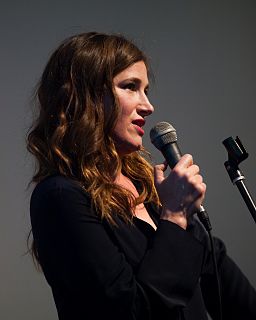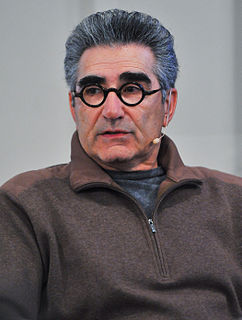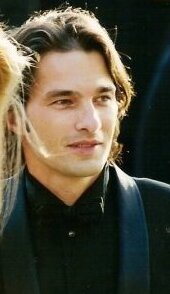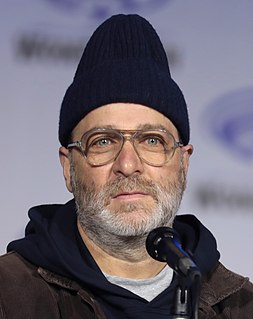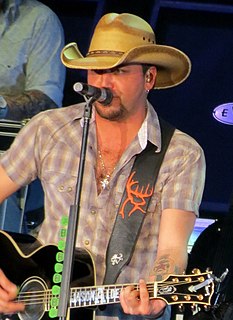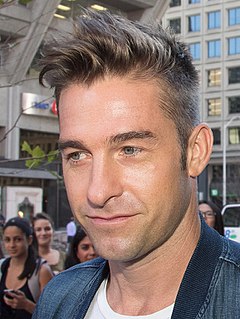A Quote by Kathryn Hahn
A lot of actors are like, 'Why do I do this? My character wouldn't do this? This doesn't make sense.' And in a comedy, you kind of just need to walk into the door.
Related Quotes
I was doing a lot of web design at the time. And anybody that has an agent thinks, "Why do I need an agent?" Maybe it's a little different as an actor - of course you need an agent - but any kind of agency that's selling something for you, you think, "Why can't I sell this myself? It doesn't make sense."
Comedy scares me a lot. I feel like it's way harder than drama. I think my safety net is definitely drama and I would love to kind of be able to be able to push into the comedy world and do something kind of like a Christopher Guest kind of style show. That, to me, is my kind of comedy. Like, Ricky Gervais comedy. That's my kind of thing.
Comedy scares me a lot. I feel like it's way harder than drama. I think my safety net is definitely drama, and I would love to kind of be able to be able to push into the comedy world and do something kind of like a Christopher Guest kind of style show. That, to me, is my kind of comedy. Like, Ricky Gervais comedy. That's my kind of thing.
I'm not a movie star like other actors in the way that I need to walk around with a bodyguard. My goal is just to get some interesting parts and make enough money to live free. Otherwise, to be a movie star, it's a lot of compromise and also a lot of headaches. You can't do what you want. You become a prisoner of your fame. This happened to me in France and I don't want it. I want to go to the terrace of a café, have a coffee. I have no problems with the fact that people recognize me, I'm very glad about it, but to be a movie star is kind of unreal for me.
Voice actors I used to know who were starting out in comedy were guys who did a lot of voices. They were usually comedy actors who developed their comedy by doing tons of impressions and voices that were usually very funny. And I never did any of that, so that's, I guess, why I don't consider myself a voice actor.
I can't not have something attached to like what actually happens in real life. Like I can't do a romantic comedy without there being something where like, in the case of Annie Hathaway's character, her character ends up having Parkinson's, you know? To me, I feel like that's love, you know? Like to me. So every movie has to have that kind of sense of that.
You work with every actor differently. It's like if you're a mother, if you have children, some children need more discipline. Other children you back off of a little bit and let them be. It's the same way with actors. Some actors need a lot of hand holding. Other actors like to be let be and you let them go. Some actors like to be nudged just a little bit. Some actors don't mind line readings.
The Lampoon was definitely quite formative. You know there's a crazy like kind of network of comedy writers from The Lampoon that are, that kind of you know like Seinfeld and The Simpsons and a lot of shows kind of had a lot of kind of Lampoon writers and so that was very formative. I mean, to me I got interested in comedy writing at an early like reading like Dave Barry.
I was kind of scared at first to do that [vice-over] because when you're on set, a lot of the things going on around you - the environment and playing off other actors - and that's what makes it easier and helps you to be in your character. So, realizing you're not going to have that and you're going to be secluded in this booth, it's like, "How am I going to be a character when I'm just in these walls?"
